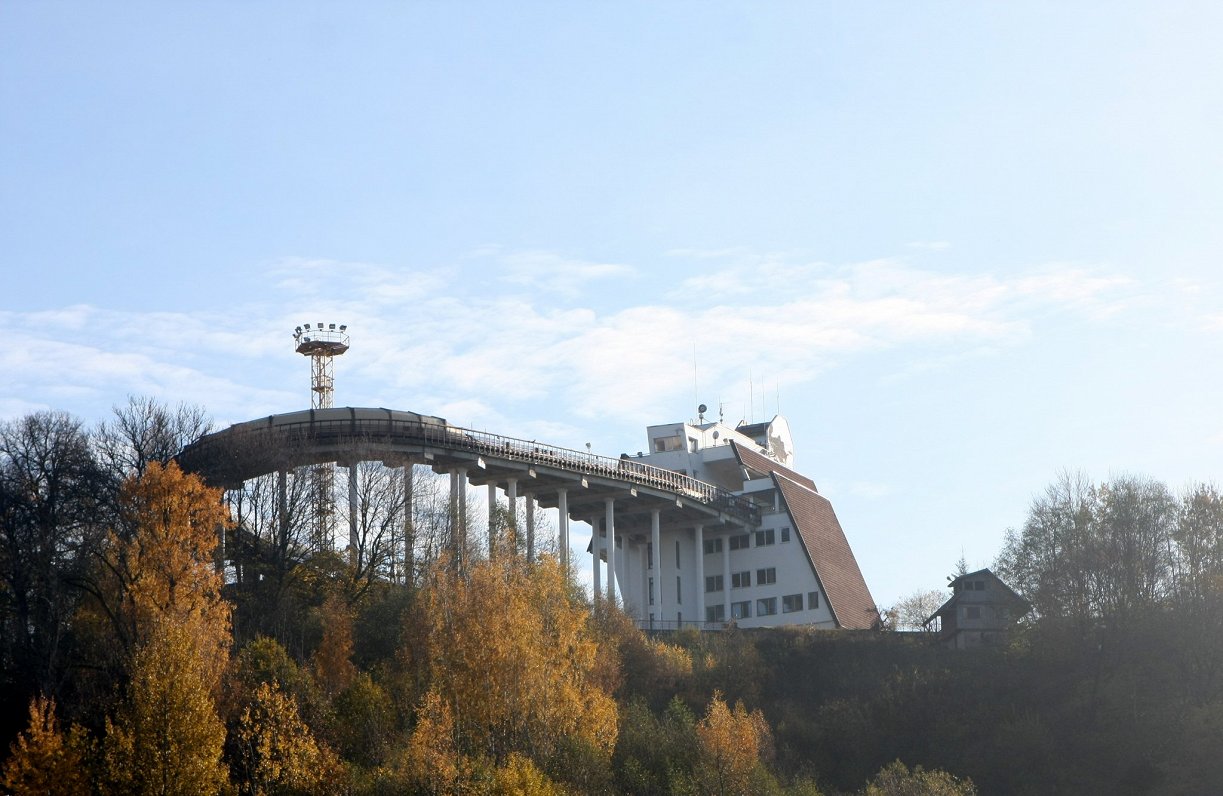Together with Sweden, Latvia wants to host part of the games at the Sigulda bobsleigh and toboggan track, but in order to do so, major investments would need to be made, reported Latvian Television.
For a year now, the Swedish and Latvian Olympic Committees have been maintaining a dialogue about joint candidacy for hosting the 2030 Winter Olympic Games. Stockholm and Sigulda jointly applied for hosting the 2026 Winter Games, but lost out to Italy's bid.
The Ministry of Education and Science (IZM) stated that the reconstruction of the Sigulda track would cost 58 million euros.
Several years ago, the Latvian government reviewed the development plans of the bobsleigh and toboggan track, earmarking 50 million euros for capital reconstruction of the facility . Support for the infrastructure development of the Sigulda bobsleigh and toboggan track was also included in the Latvian national development plan 2021-2027.
The general secretary of the Latvian Olympic Committee (LOK) Kārlis Lejnieks does not deny that the reconstruction of the Sigulda track would require large investments, however, according to him, the Olympic Games are not just a sporting event.

"It is the world's second largest [Olympic sports] event, and it is not just a pure sports event," said Lejnieks. "I see it much more widely, and that's why we have talks with the Swedes, that perhaps Sigulda is one place where the competition could take place, but equally well, we continue talks about the fact that one of the sports could also take place in Rīga. That's already an addition, and certainly if this process moves forward, we will continue to talk about it."
This time, the Latvian side wants to host short track skating and ice hockey in Rīga as well as sliding sports.
The director of the sports department of the Ministry of Education and Science, Vladimirs Šteinbergs, considers it a realistic position.
"It is quite a logical idea – if we are participating in the organization of such an important world-class event, why not draw a little more from that celebration in the context of Latvia?" said Steinberg. "Especially hockey, which is in the blood of our people - why not try to attract hockey here?"
However Dainis Caune, an experienced sports journalist, considers the efforts by Latvia to host other sports may risk overreaching more realistic ambitions.
"Our ambition may spoil it, for we are now beginning to spar with Sigulda," said Caune. "[Sweden] has the Hunderfossen circuit right next door [in Norway], the Lillehammer circuit, which is much closer to Stockholm. I even wonder why they haven't offered it."
The next date on the horizon is October 31, when the Swedish government will make a final decision on the candidacy for hosting the 2030 Winter Olympic Games. If the outcome is positive, the real work of creating the candidacy application will begin. There is no information on whether a survey is planned to be held in Latvia to find out if there is any public enthusiasm for hosting the games.
In Switzerland, the idea of holding the Winter Olympic Games was rejected several times in a referendum, whereas the intention to hold the Olympics in 2030 received the support of the majority of the public in the survey. The results of polls have significantly influenced the intentions of the Olympic organizers in Japan and North America as well.
Organizers should also take into account that the agreement on hosting the Olympic Games provides permission to enter the host country for all IOC-accredited persons, regardless of their nationality – which will potentially include Russians.


























